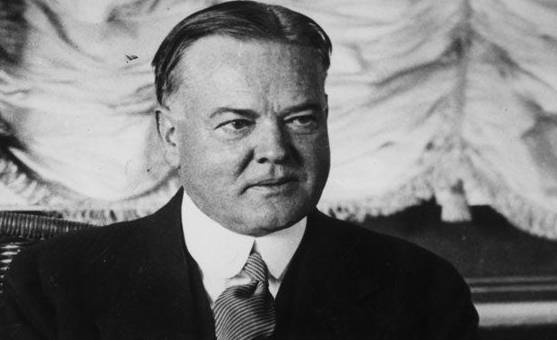Was Herbert Hoover a good or bad President, and why? Assessing Herbert Hoover’s presidency involves a nuanced analysis. When Hoover took office in 1929, the United States was on the brink of the Great Depression, which ultimately defined his presidency. Many historians criticize Hoover for his initial response to the economic crisis, which they see as insufficient and ineffective. He believed in limited government intervention and adhered to traditional economic theories, which led him to pursue policies that did not adequately address the magnitude of the crisis.
For example, Hoover signed the Smoot-Hawley Tariff Act, which raised tariffs on thousands of imported goods, leading to retaliatory tariffs from other countries and exacerbating the economic downturn. He also believed in balancing the federal budget during a time when deficit spending might have been more beneficial.
However, it’s worth noting that Hoover did take some actions to try to alleviate the suffering caused by the Depression. He supported public works projects and urged businesses not to cut wages or lay off workers. He also created the Reconstruction Finance Corporation (RFC) to provide loans to banks, railroads, and other businesses to stimulate economic activity.
Ultimately, Hoover’s presidency is largely remembered for his inability to effectively address the Great Depression, which led to widespread suffering and economic turmoil. While some of his policies and actions were well-intentioned, they were often insufficient to combat the severity of the crisis. Therefore, many historians view Hoover’s presidency unfavorably in the context of his handling of the Great Depression.


